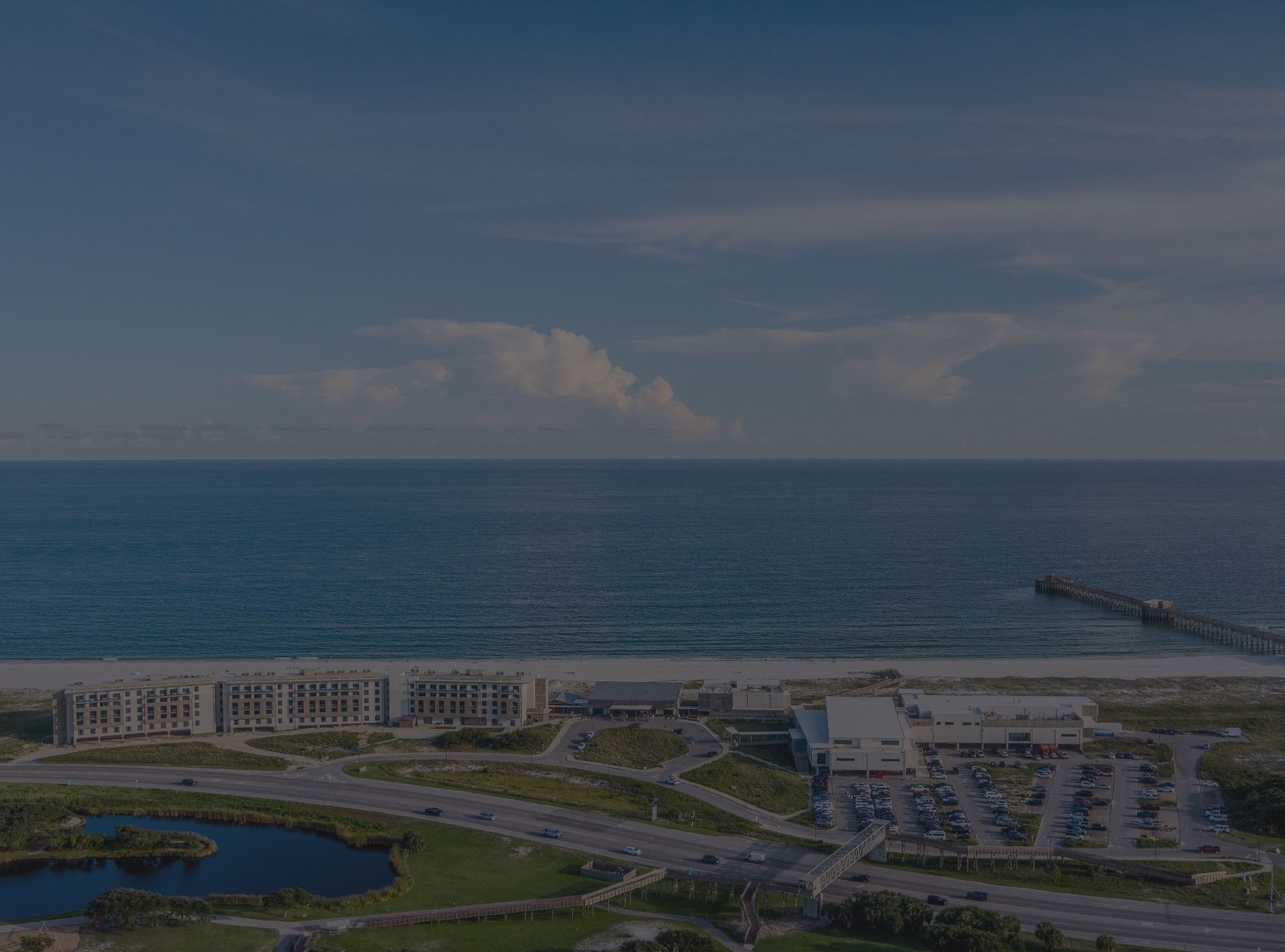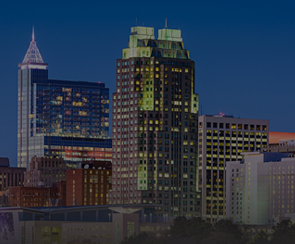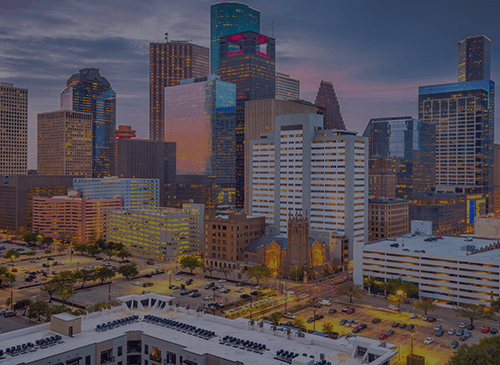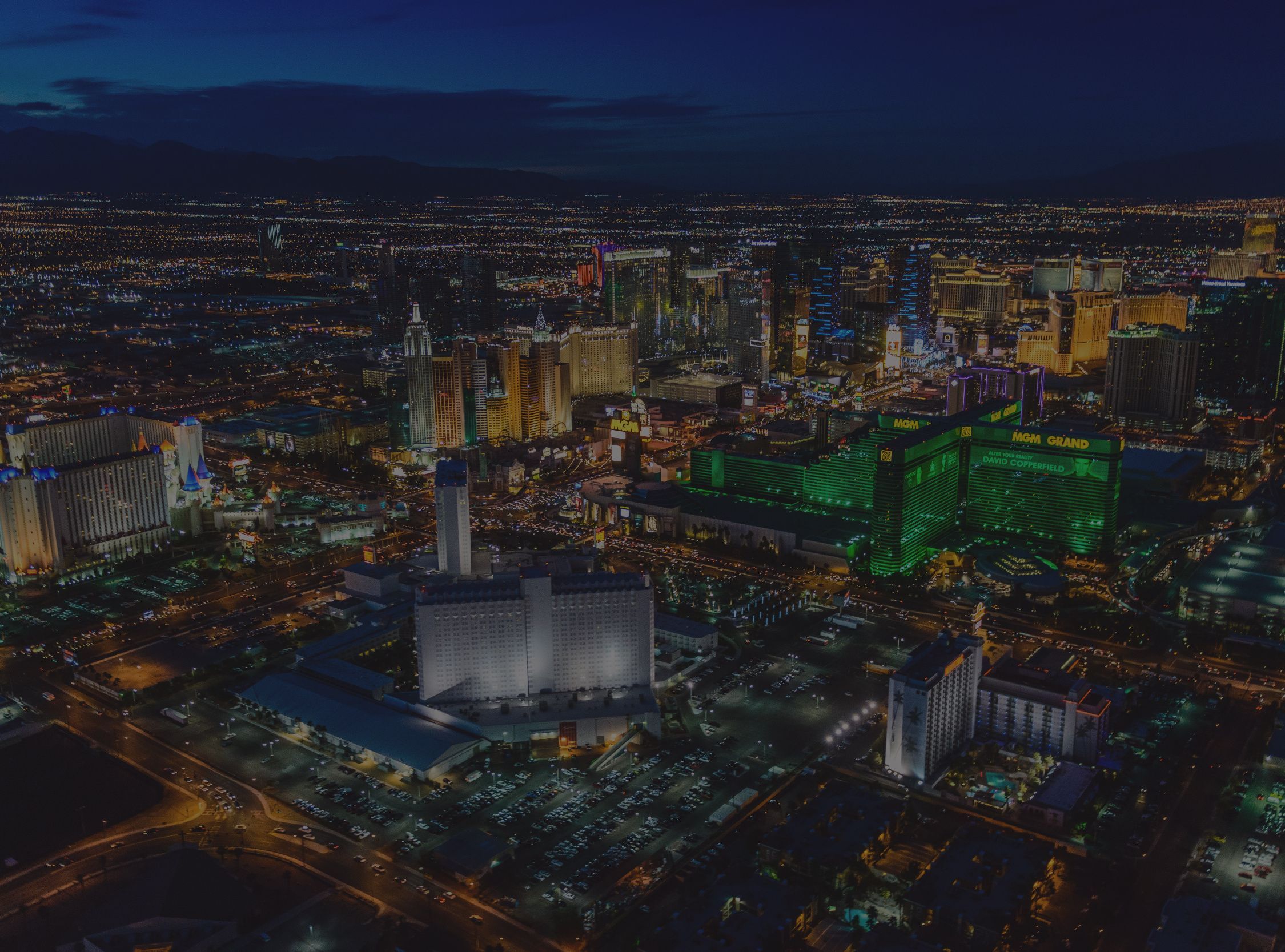The Future of Robotics: Where Do We Go From Here?
Sep 20, 2021 By Natalia Galvis
By Shannon Flynn.
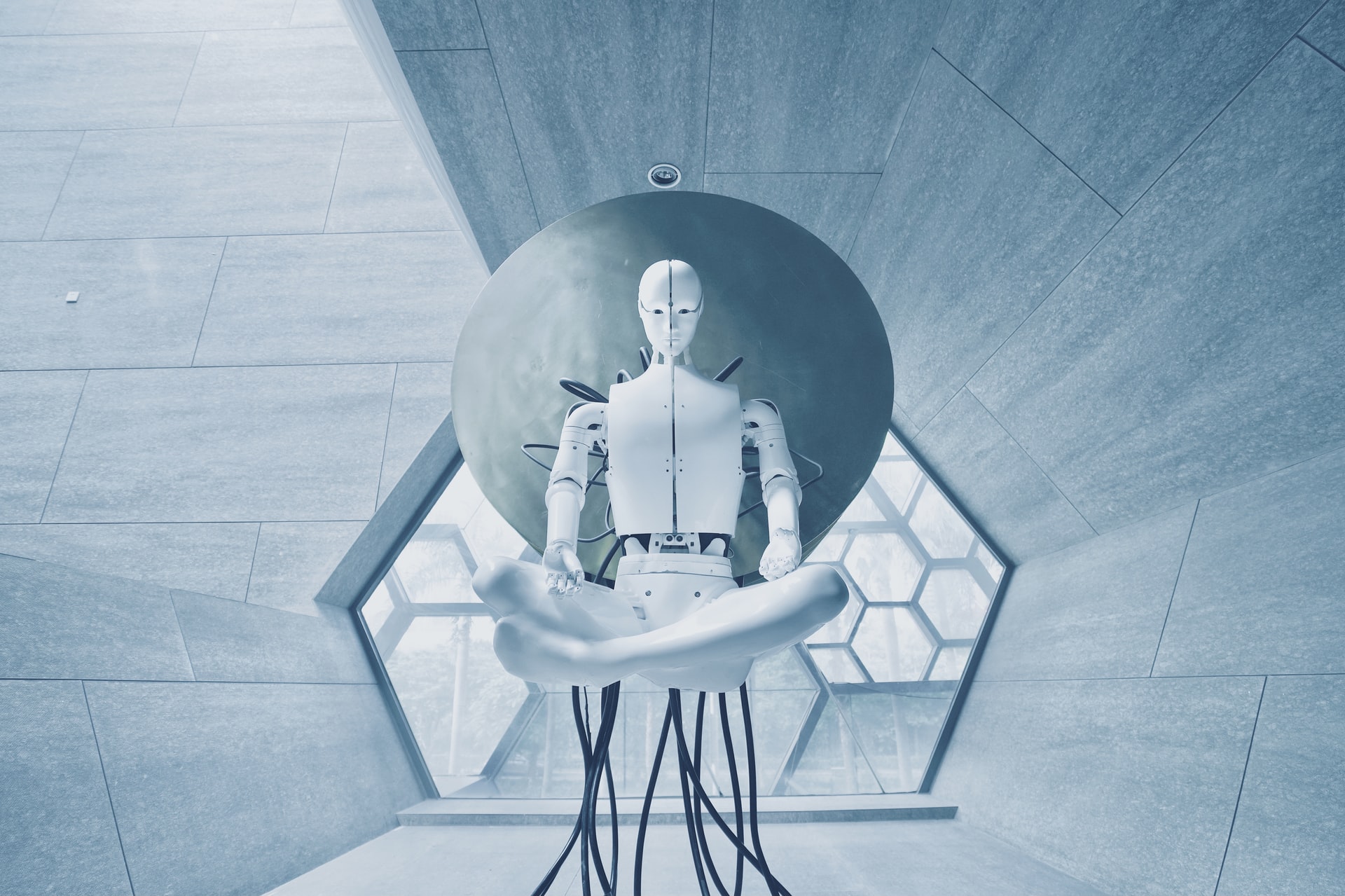
Mainstream society has long held fears towards robots and robotics technology. Though these fears are likely informed, at least in part, by science fiction novels, films, and other media, there is real validity to some of the questions and concerns raised by robotics technology.
Nevertheless, robotics technology has become increasingly enmeshed in the spheres of business, commerce, and many other industries across the globe. Looking ahead towards the future of robotics is key to addressing these fears and allows for a greater understanding of how robotics and AI are already at work in our day-to-day lives.
A Business Forecast for Robotics
Nearly all business trend reports predict that robotics will have a marked impact on many global industries throughout the next decade. These industries include:
- Crime prevention. An increase in AI-equipped surveillance techniques might conjure images from “Minority Report.” In fact, some crime-prediction technologies are already in practice. This includes innovations such as drone surveillance and algorithms designed to notice patterns in CCTV footage. Law enforcement agencies argue that this technology allows for quicker response times and mitigation of overall criminal activity.
- Factory work. In many industries, including manufacturing, shipping, and food processing, robots have already taken over many routine, repetitive tasks, previously performed by humans. Business owners have largely embraced robots for this type of work, arguing that it increases efficiency and protects workers from injuries.
- Education. AI-based technology may play a significant role in future educational pedagogy. Proponents argue that AI learning tools can offer the kind of specialized, one-on-one instruction that simply isn’t possible in a traditional classroom environment. This includes humanoids, such as NAO, though many are skeptical about the real-world practicality of these robots.
- Health care. Robotics in health care is predicted to grow significantly in the coming decade. The success of AI tools like robotic-assisted surgery, which allows for minimally invasive procedures, will likely influence medical device manufacturers to continue investing in robotics.
- Transportation. Self-driving cars are no longer fiction. In fact, they are likely one of the most prominent robotics-based innovations that will emerge in the next few years. Safety concerns have continued to plague this industry; it will likely require significant improvement to these vehicles before they are embraced by the mainstream.
Why Are Robots Still So Controversial?
Today, for millions of people around the globe, artificial intelligence has already become a part of everyday life. No longer defined simply by the humanoid robots of science fiction, most AI today exists in much subtler forms. From customer service bots to automatic calendar scheduling to voice-activated assistants to medical and surgical devices. Still, robotics, and AI as a whole, remain controversial to many in mainstream society.
Many people fear that robots will displace humans from the workforce. Studies have proven that there is some validity to this fear. Oxford Economics predicts that robotic technology may result in the loss of 20 million jobs worldwide in the next 10 years. And that’s just in the manufacturing industry.
However, as of now, robots are primarily used to eliminate tedious and repetitive work. Studies indicate that when these low-complexity roles are replaced by robots, many human laborers are then able to ascend to higher-skilled, higher-paying, more stable jobs.
There is also the fear that robots and other AI creations will be able to think for themselves and thus supplant human dominance: a hypothetical concept known as “Singularity.” When it comes to computing and storing information, organizing data, and performing repetitive tasks, many robots can demonstrate incredibly high competencies, often much higher than that of a human.
Still, there are many aspects of human understanding far beyond the reach of current AI technology. This includes things like the use of nuanced languages, such as idioms and metaphors, contextual-based judgments, and emotional experiences. Despite common fears concerning robots, however, current robotics technology is not going to replace humanity any time soon.
Robotics on the Horizon
Nearly all business forecasts indicate that an increase in AI and robotics technology will be one of the most prominent trends in the next few years, affecting nearly every industry. Understanding the abilities and limits of current AI is key to eliminating fears, as well as protecting employees and business owners.
Certainly, robots have impacted and will continue to impact the demand for human labor. The global community would be wise to work together to ensure robotics continues to make human life easier and less stressful, rather than more complex and unequal.
Discover more about Business and Robots with RobotLAB!
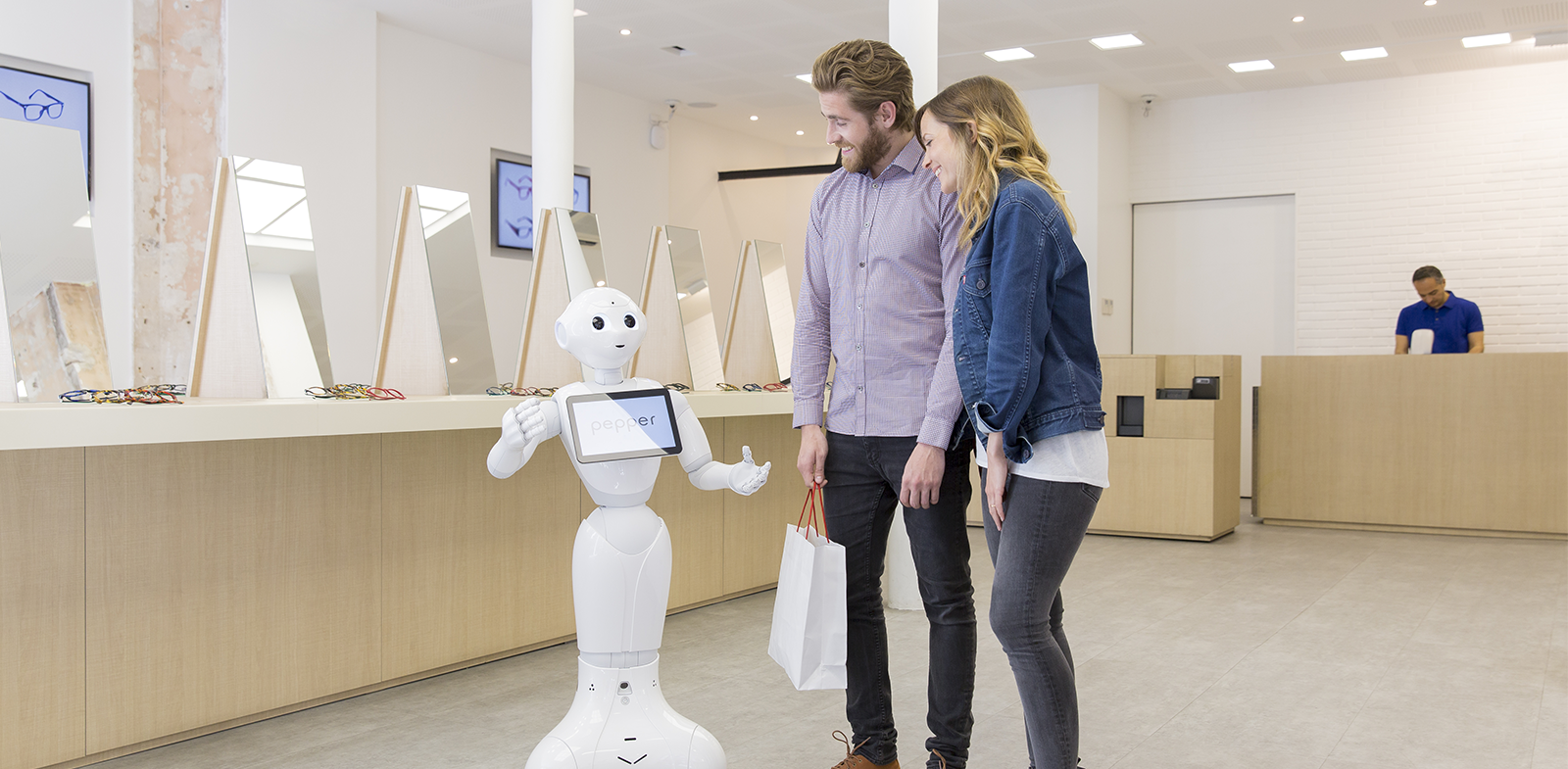
About the author:



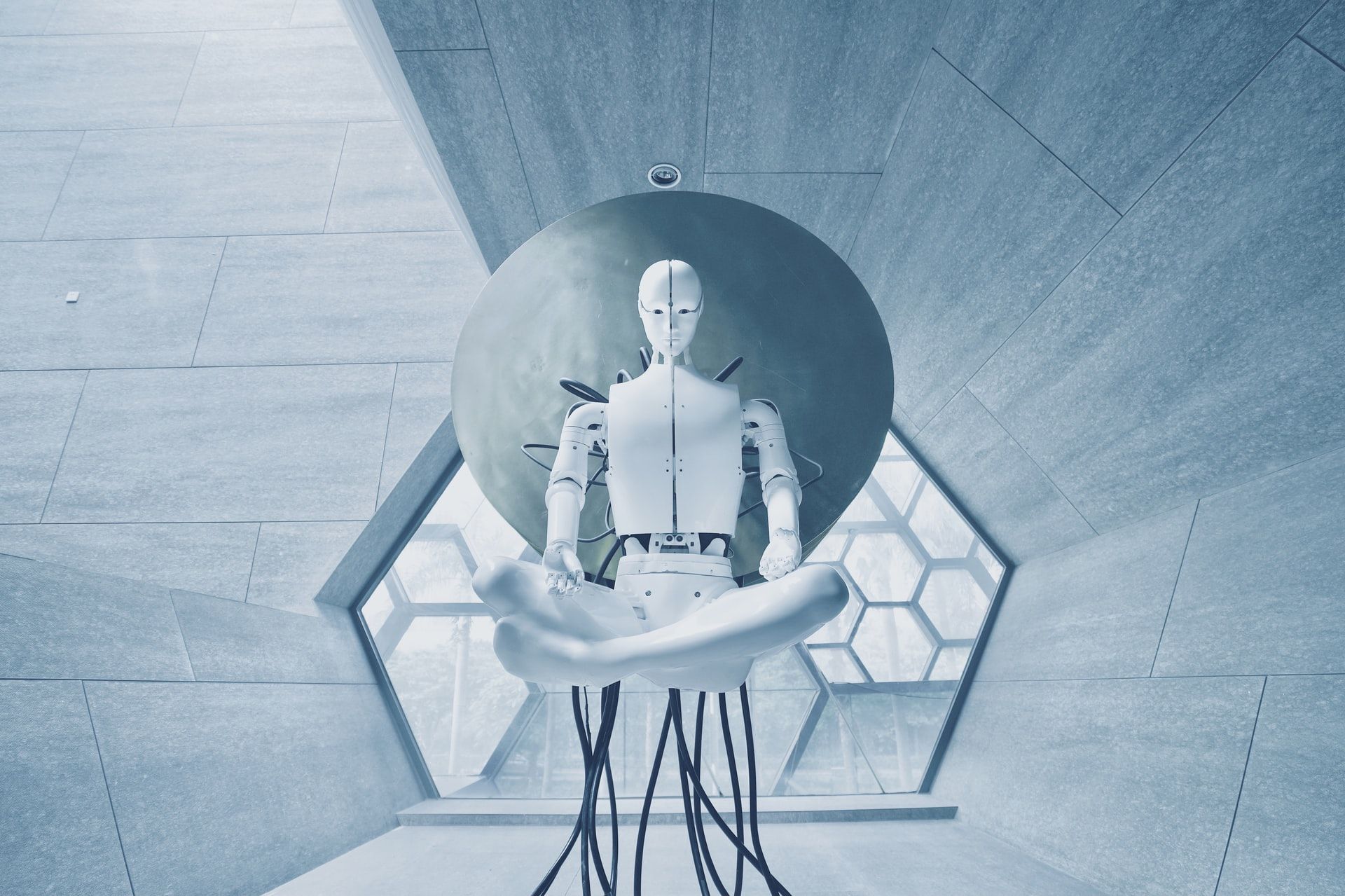

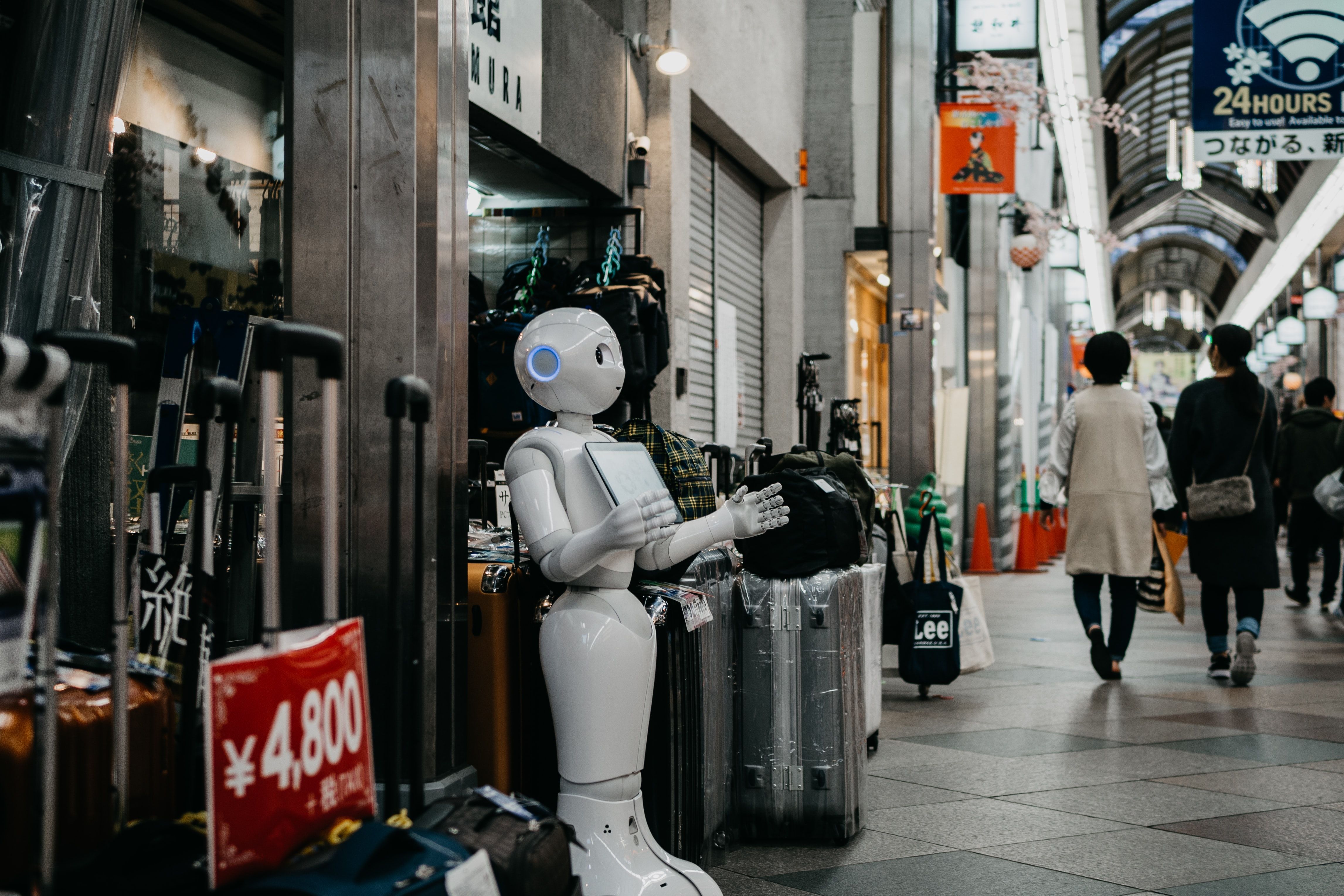










.webp?width=124&height=124&name=image%20(1).webp)
.webp?width=169&height=87&name=image%20(2).webp)


















